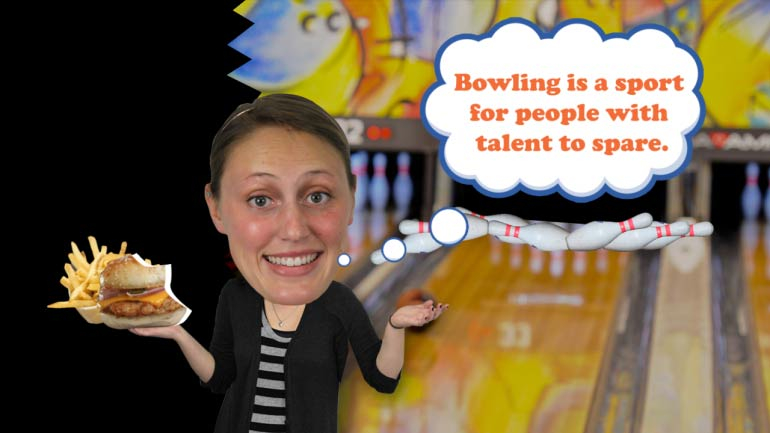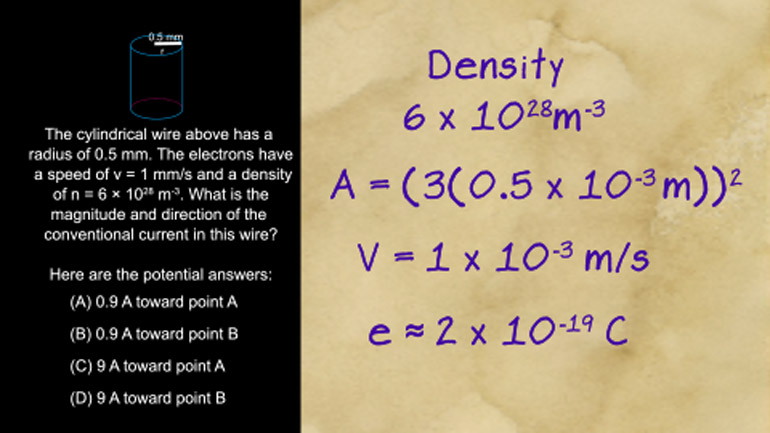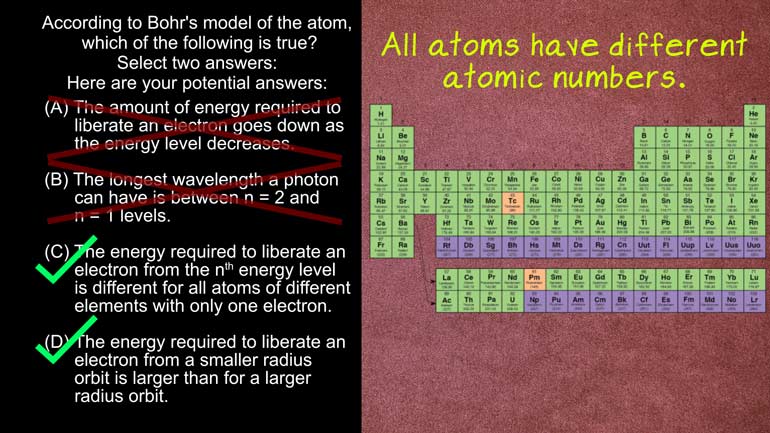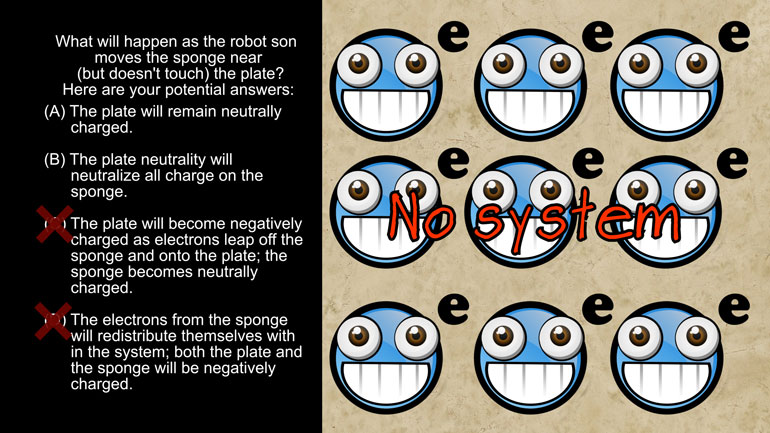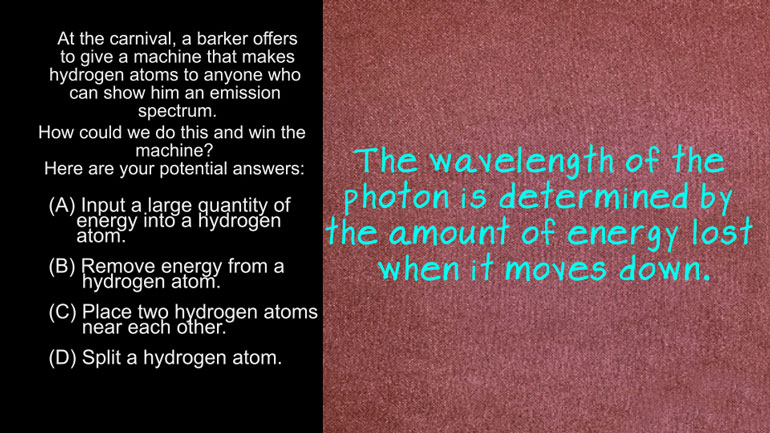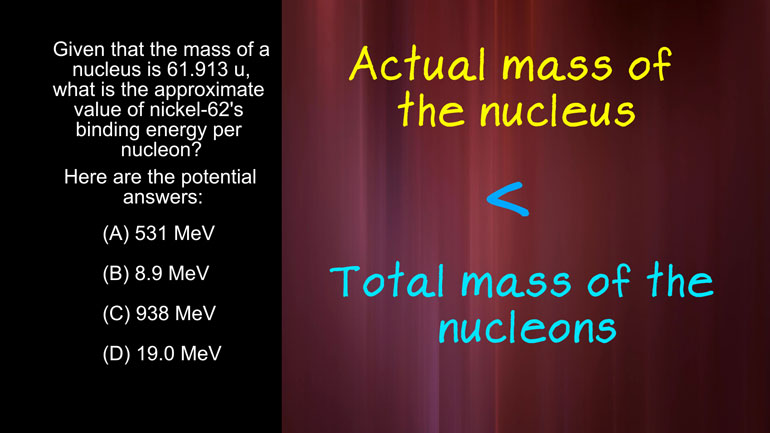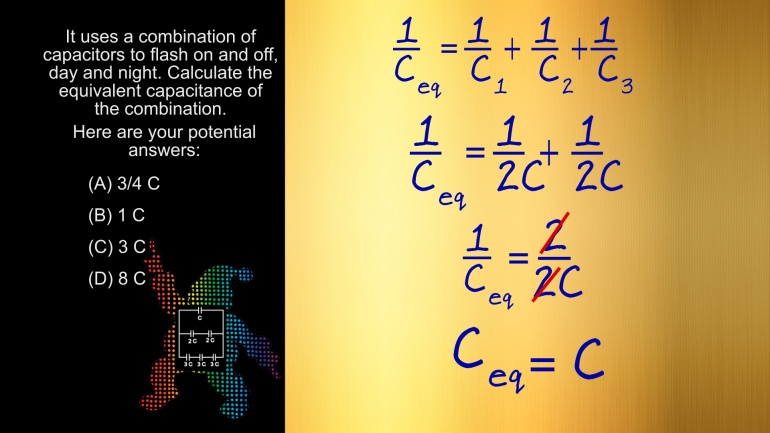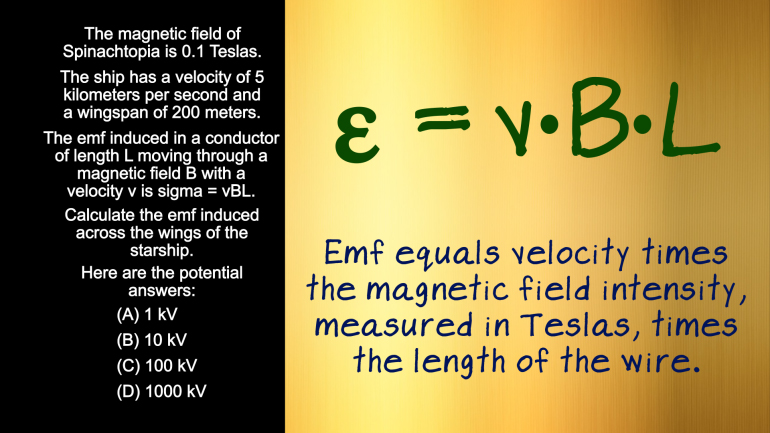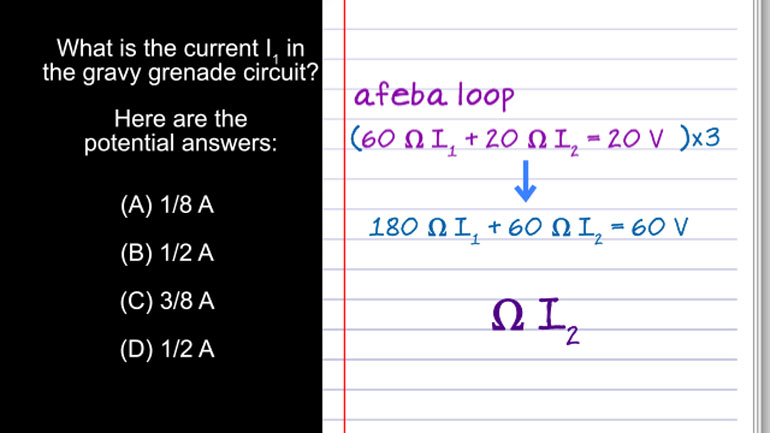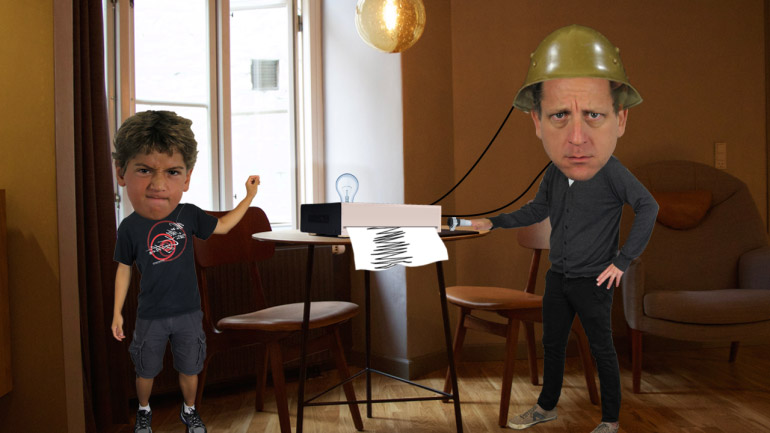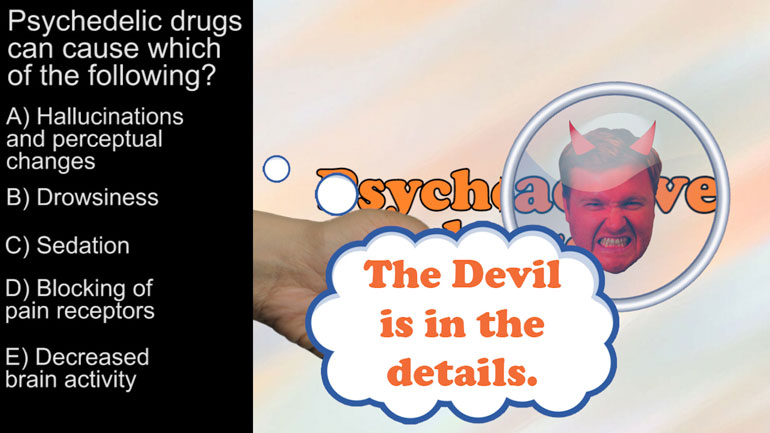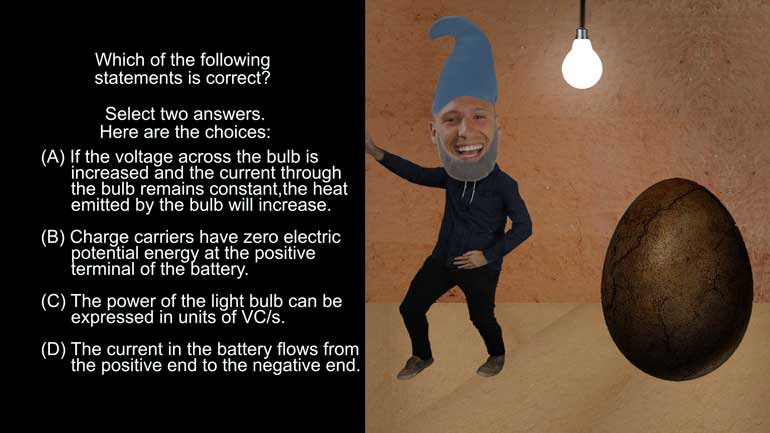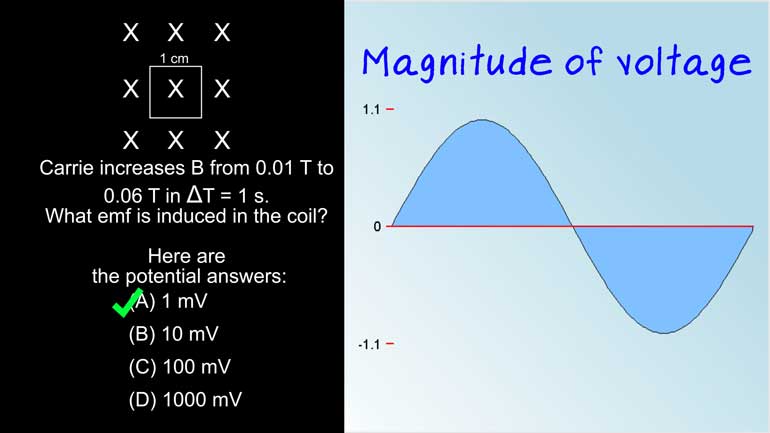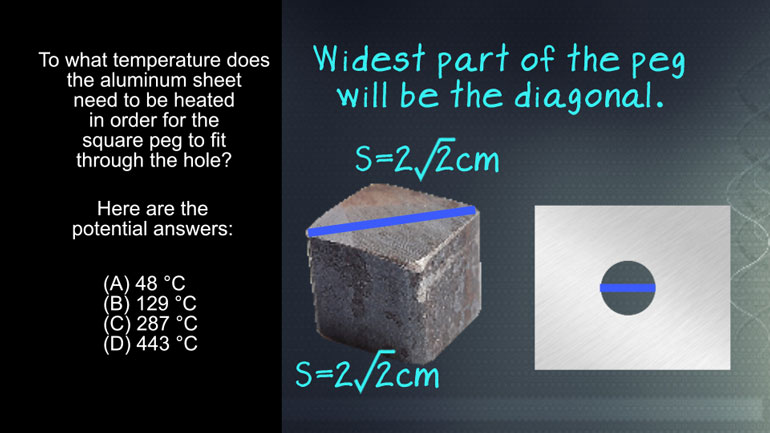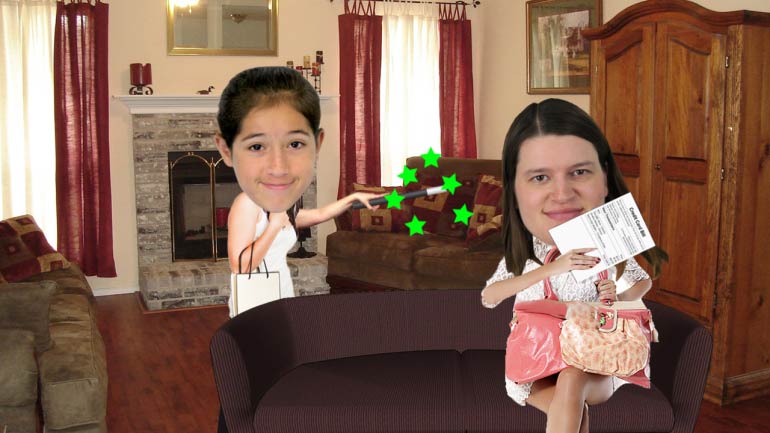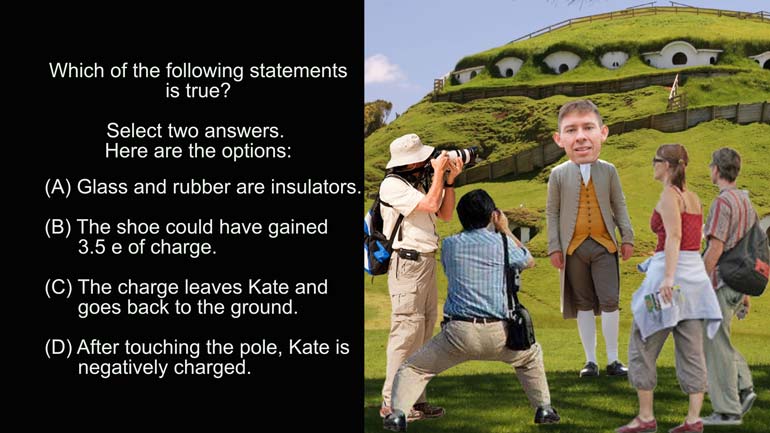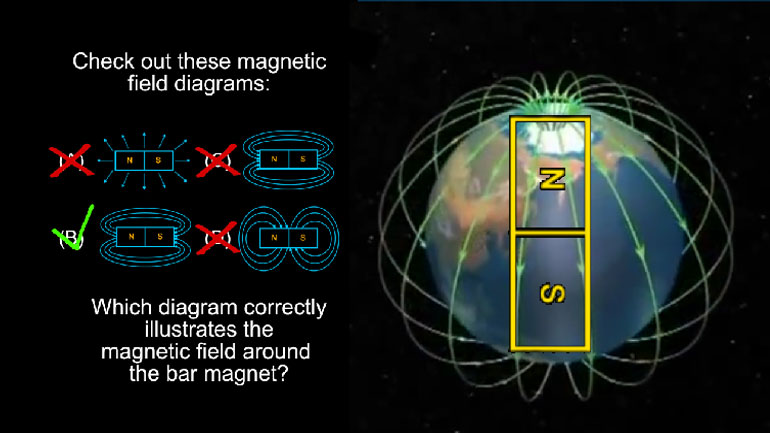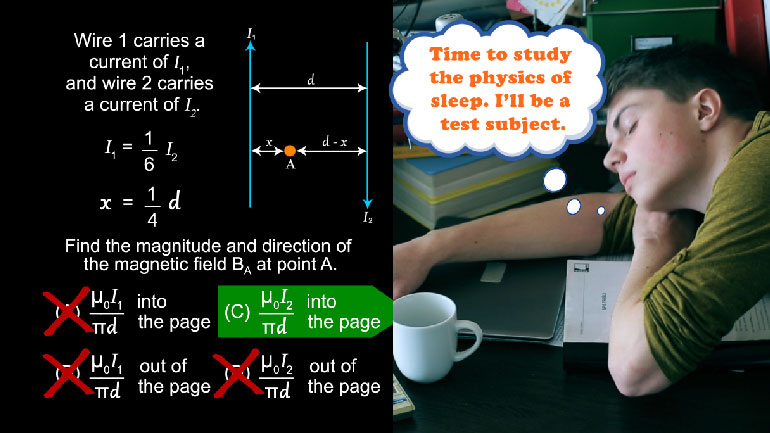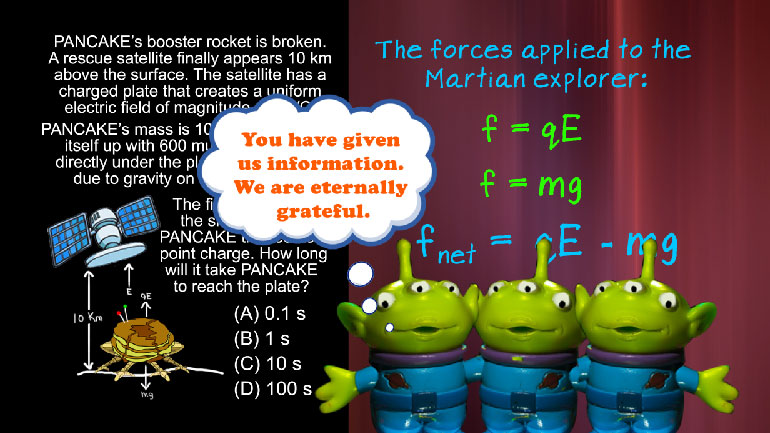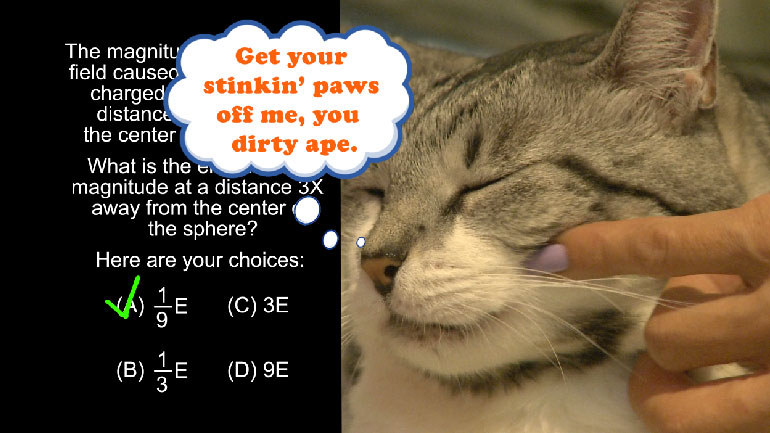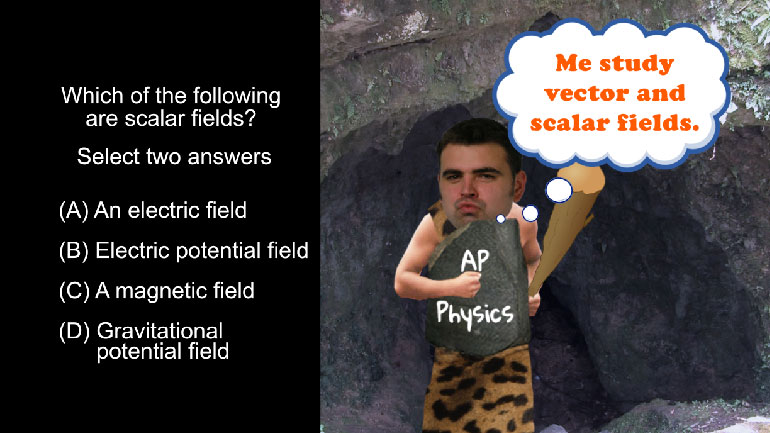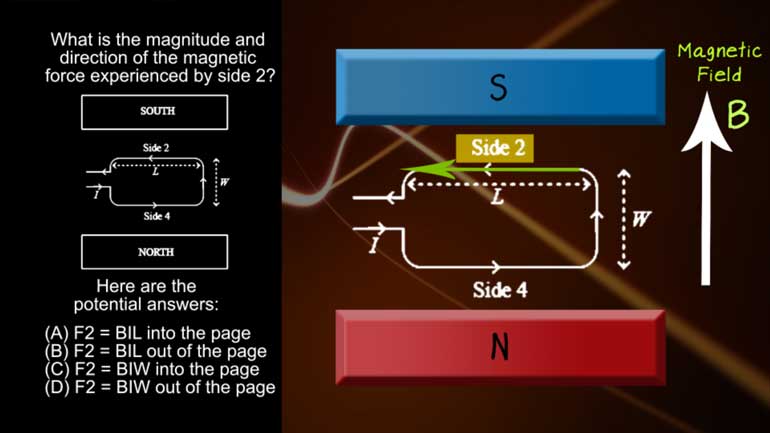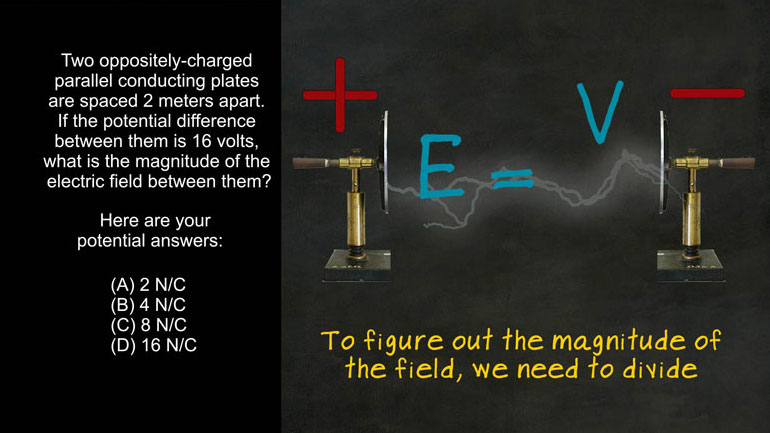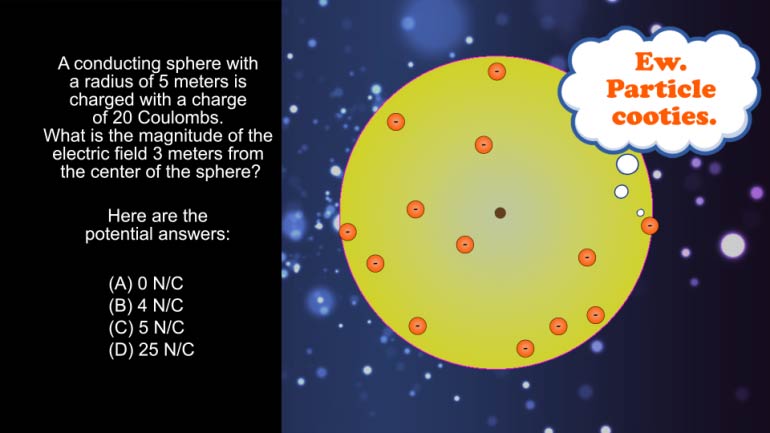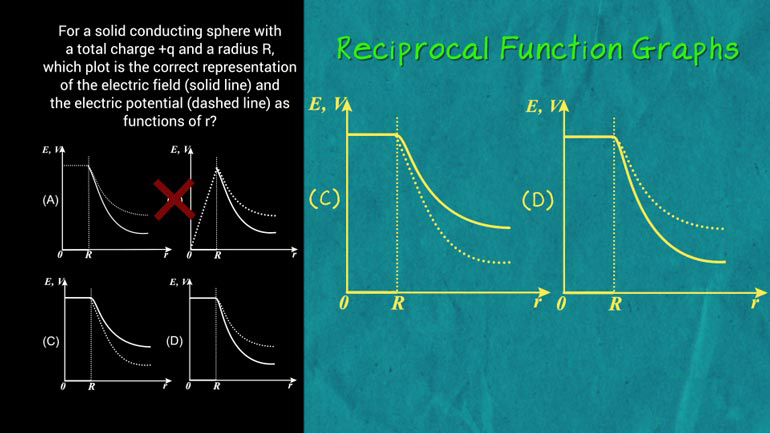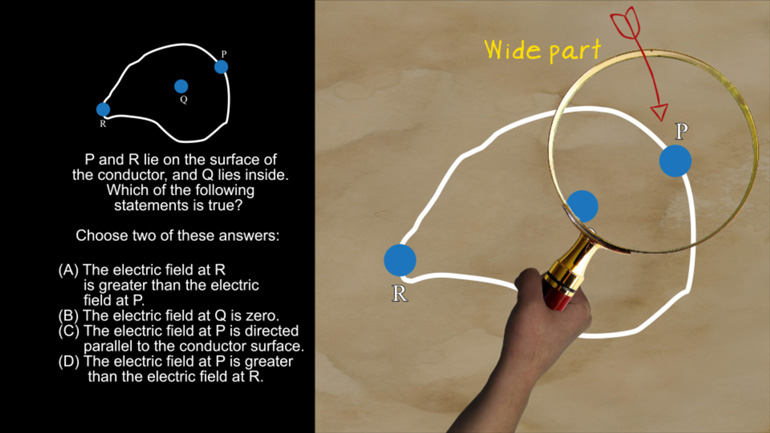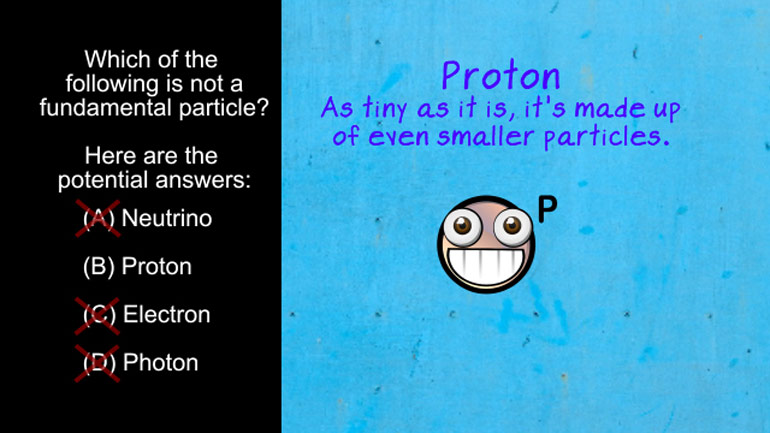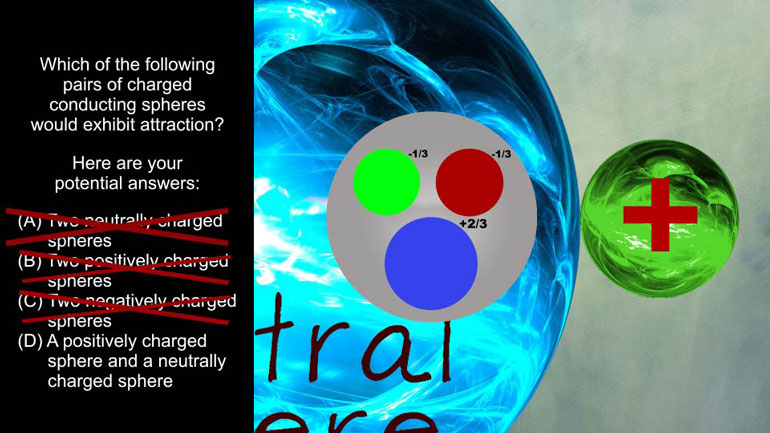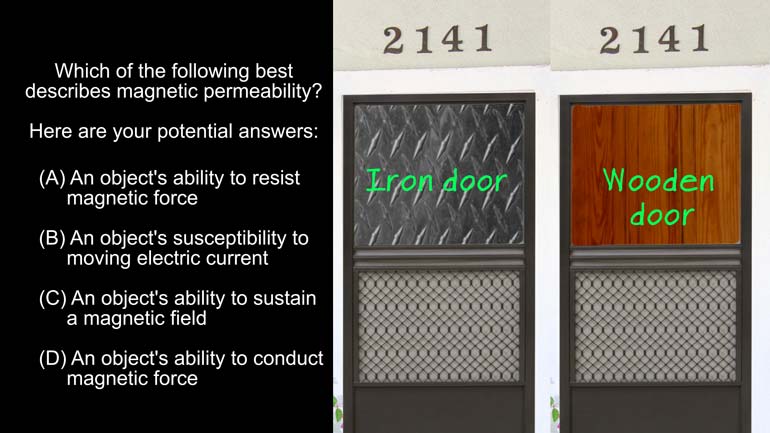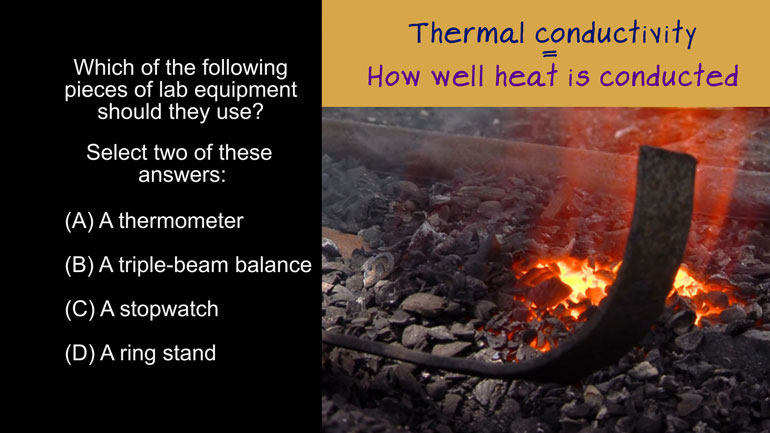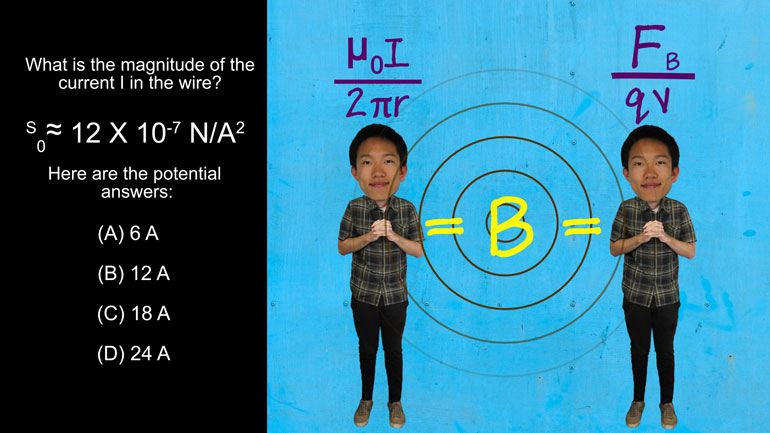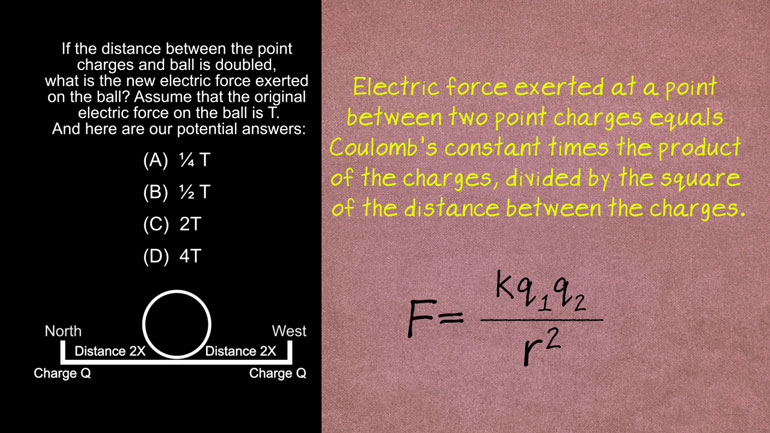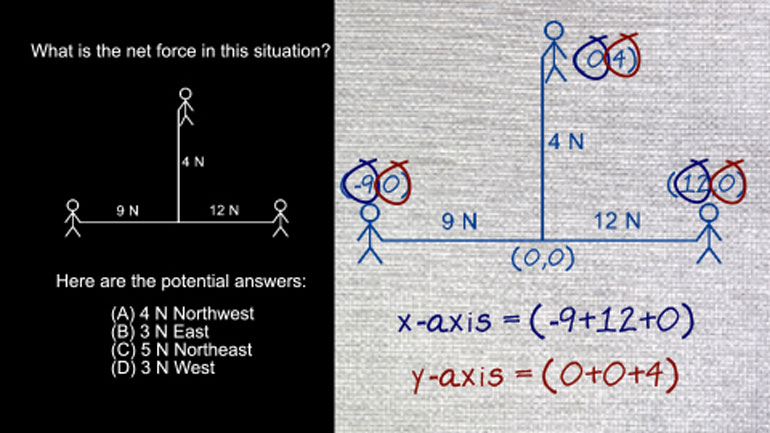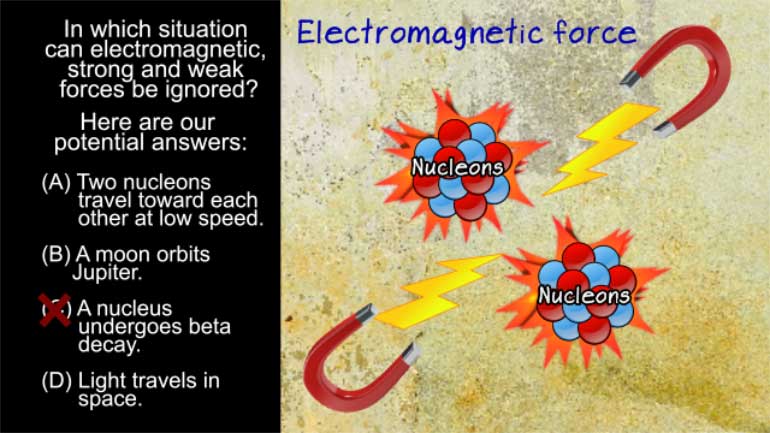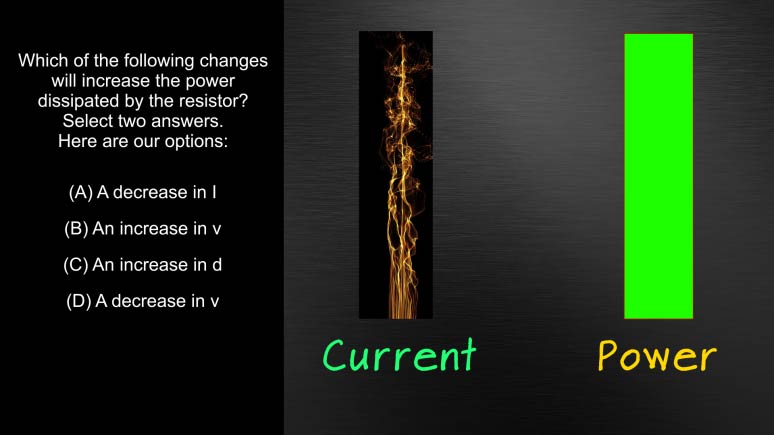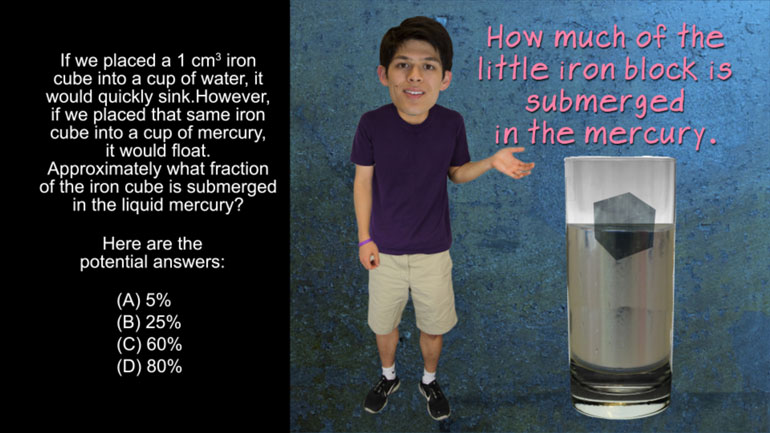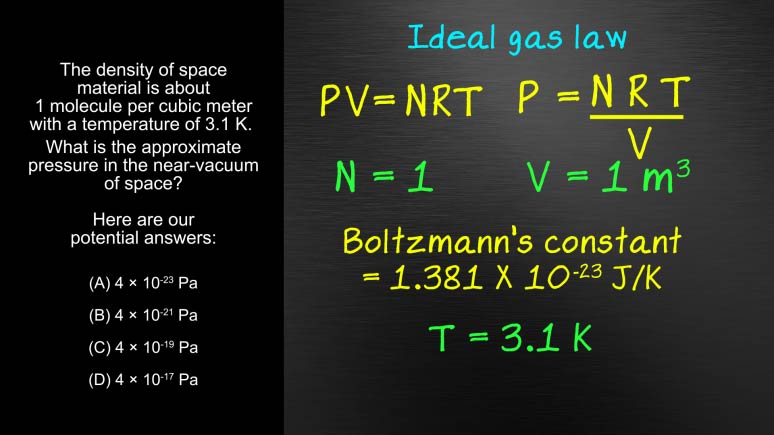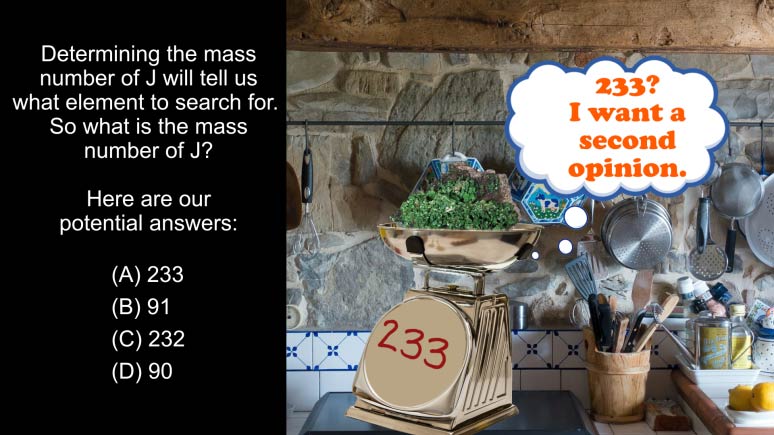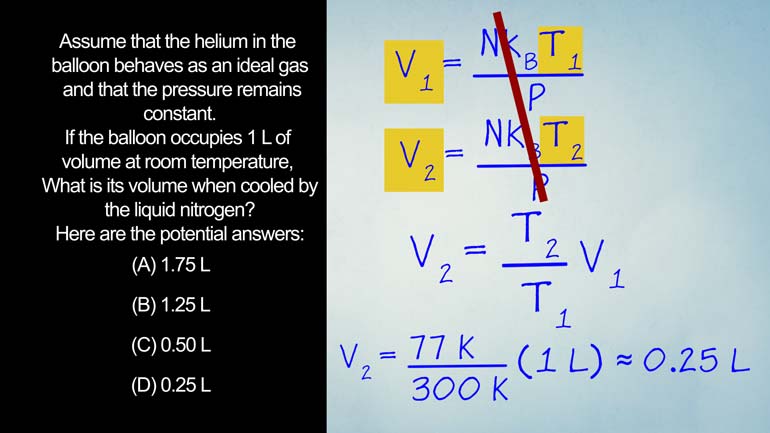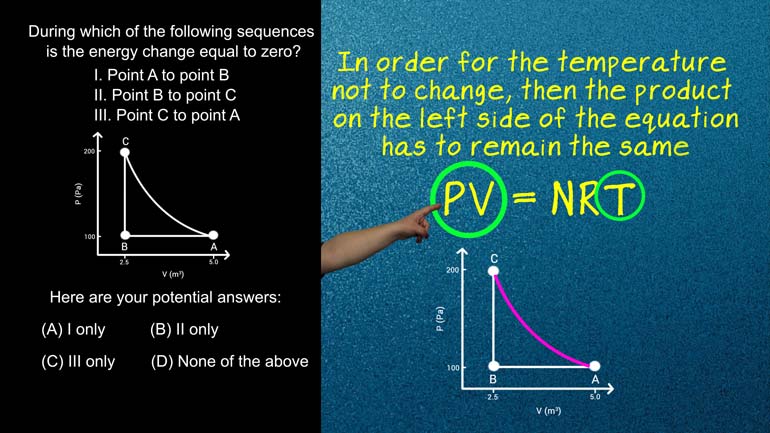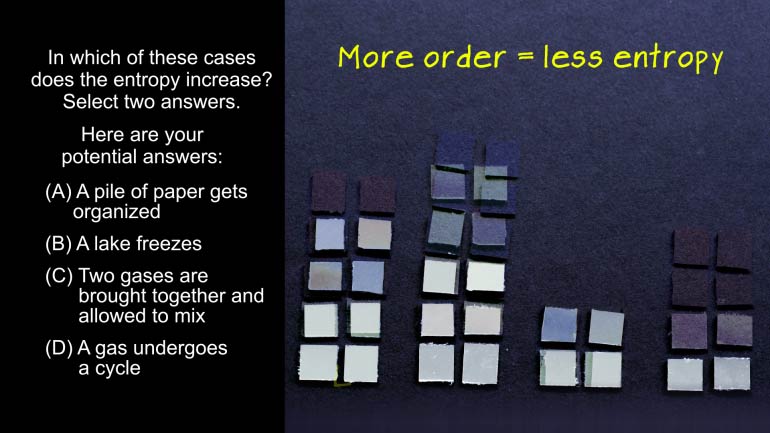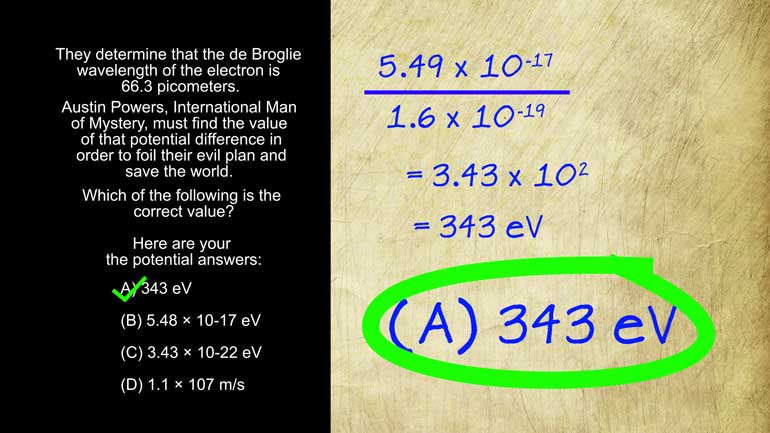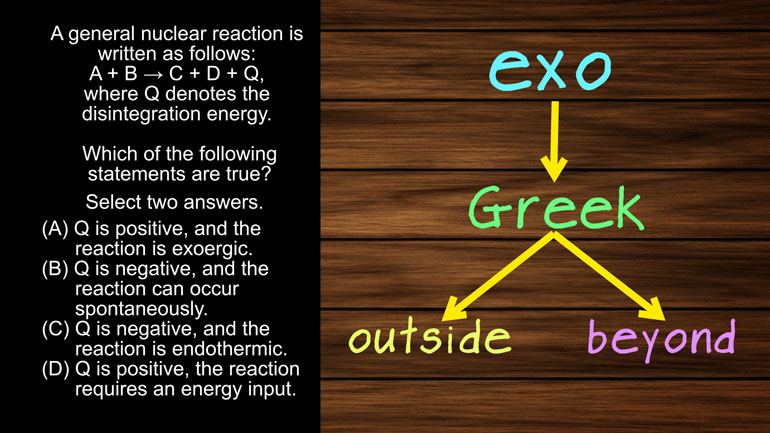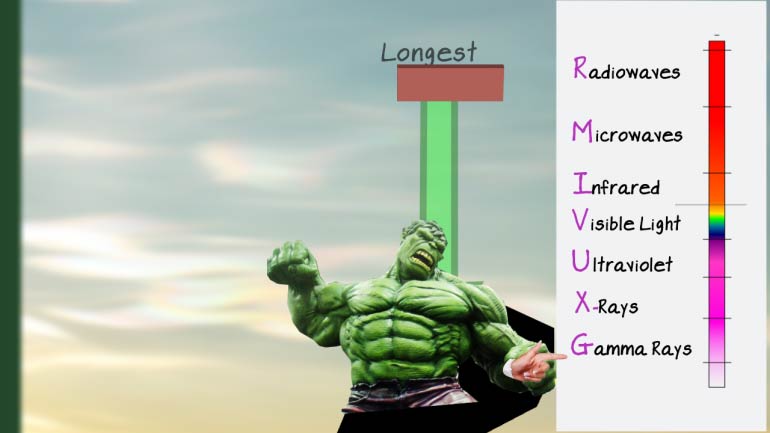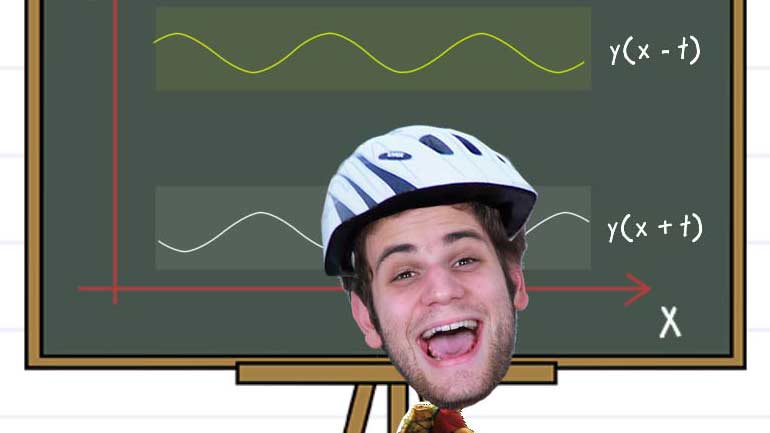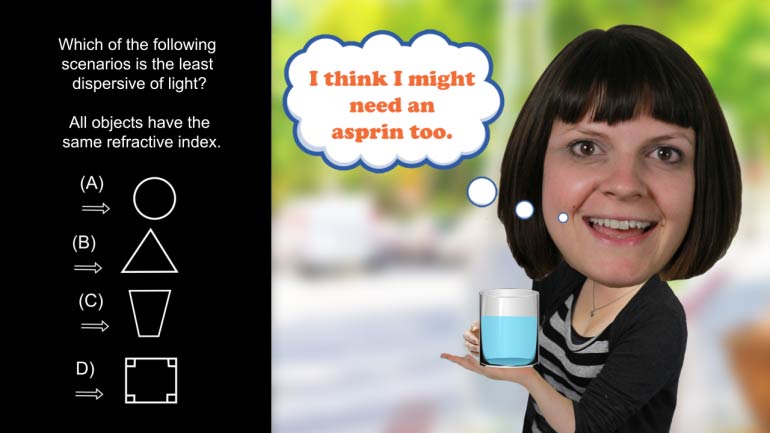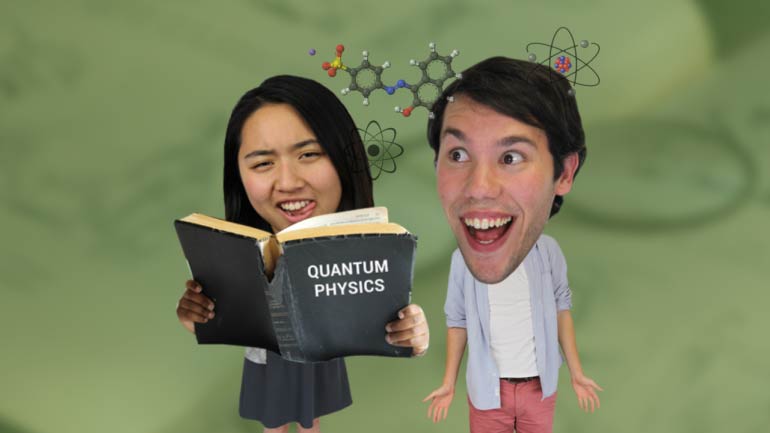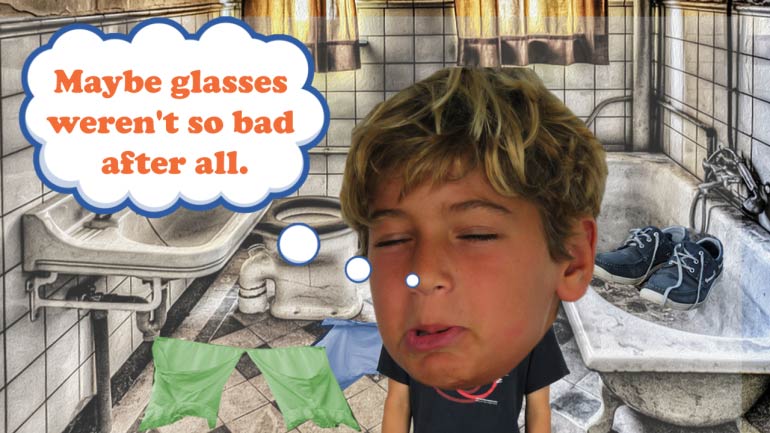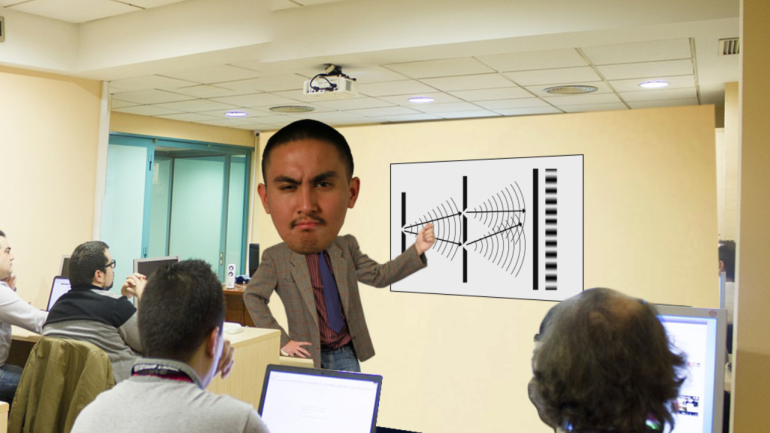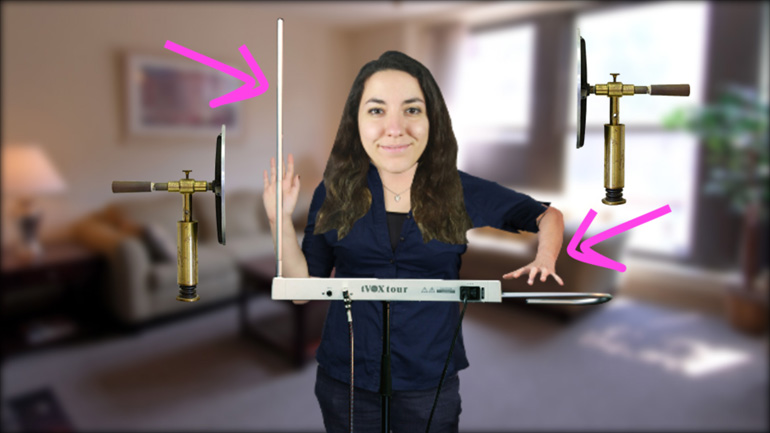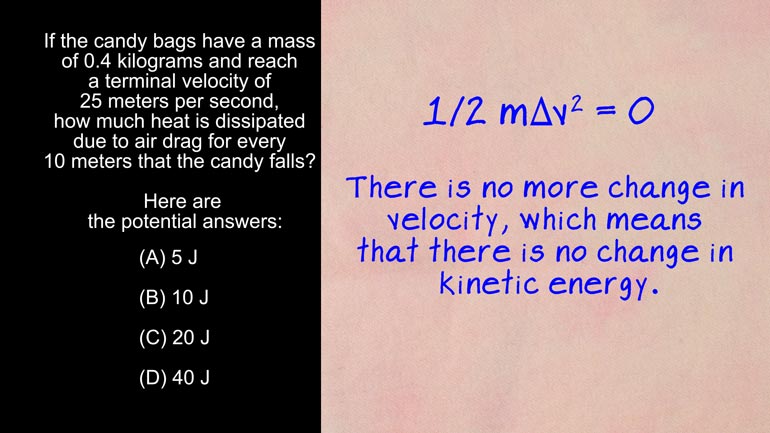ShmoopTube
Where Monty Python meets your 10th grade teacher.
Search Thousands of Shmoop Videos
AP Physics 2 Videos 66 videos
AP Physics 2: 1.1 Properties of Objects and Systems. What is the magnitude and direction of the conventional current in this wire?
AP Physics 2: 1.5 Properties of Objects and Systems. According to the Bohr's model of the atom, which of the following are true?
AP Physics 2: 2.5 Waves 4 Views
Share It!
Description:
AP Physics 2: 2.5 Waves. Which of the following statements is true?
Transcript
- 00:00
Thank you here's your shmoop toos your brought to you
- 00:05
by contact lenses which help us see the world clearly
- 00:09
except for when they slide apart eyeballs and feel like
- 00:11
they have lodged in our brain And we have to
- 00:13
spend an hour trying to dig them out All right
Full Transcript
- 00:16
well there are a few reasons Contact lenses They're difficult
- 00:18
to see when placed in saline solution For one the
- 00:22
person who just took him out is well blinder than
- 00:25
usual Some other possibilities Heir listed below Which of the
- 00:28
following statements is true Select too Well ah yes it's
- 00:37
your favorite morning ritual sloshing our finger in the contacts
- 00:41
case when we're half blind half a way we can
- 00:43
and trying to find the lenses are but let's take
- 00:45
a closer look at this question We can seek contact
- 00:47
lenses when we're putting them in because in air they've
- 00:51
been the light that hits him so we can see
- 00:53
where the edges are Well in saline solution the borders
- 00:57
aren't is easy to see that's not because the radio
- 01:00
of curvature change though that's just part of the lenses
- 01:04
shape and it's not affected by the environment So a
- 01:07
is a correct answer now to determine if the effect
- 01:10
of focal length is longer Well let's look at the
- 01:13
lens makers equation when we have a lens in air
- 01:17
with lens makers equation shows that the reciprocal of the
- 01:20
focal length equals the refractive index of the lens minus
- 01:24
one times the difference between the reciprocal of the radius
- 01:28
of lens side closest to the light source and the
- 01:31
radius of the lens side farthest from the light source
- 01:35
All right in the air these numbers won't change the
- 01:37
ready I remain the same refractive index remains the same
- 01:41
air is air so that's not going to change But
- 01:45
when a lens isn't in the air and it's in
- 01:47
a different medium like oh say saline solution while then
- 01:50
the equation changes instead of the refractive index minus one
- 01:55
we use the refractive index of the lens over the
- 01:58
refractive index of the medium The lens is in minus
- 02:01
one because pretty much everything has a refractive index larger
- 02:05
than one result of this new equation will show a
- 02:07
longer focal point than for a lens in the air
- 02:11
So be is also correct As we can see in
- 02:14
these equations The refractive index of lens doesn't change no
- 02:17
matter what material it's in that's something that's inherent in
- 02:20
what the lens is made up It's not like dunking
- 02:23
an oreo and milk and watching it get all soft
- 02:26
and gooey and stuff i'm sorry we're feeling snacky here
- 02:29
All right Well the refractive index stays the same in
- 02:32
air water oil or well anything Soc is incorrect and
- 02:36
transparency is also an inherent quality The environment that the
- 02:40
lenses in doesn't change the lens itself So d yeah
- 02:44
that's wrong too if you're like Us and blind as
- 02:47
a bat without your contacts Well next time you stumble
- 02:49
into the bathroom in the morning and try to regain
- 02:51
the power of sight Remember that it's physics that it's
- 02:53
making it so hard to get those stupid little lenses 00:02:57.37 --> [endTime] No sorry we're not morning people
Related Videos
AP Physics 2: 1.1 Properties of Objects and Systems. What is the magnitude and direction of the conventional current in this wire?
AP Physics 2: 1.5 Properties of Objects and Systems. According to the Bohr's model of the atom, which of the following are true?
AP Physics 2: 2.2 Properties of Objects and Systems. What will happen as the robot son moves the sponge near (but doesn't touch) the plate?
AP Physics 2: 2.4 Properties of Objects and Systems. How could you show the carnival barker an emission spectrum?
